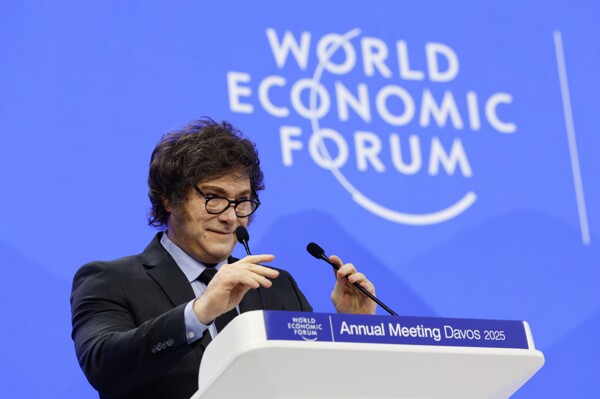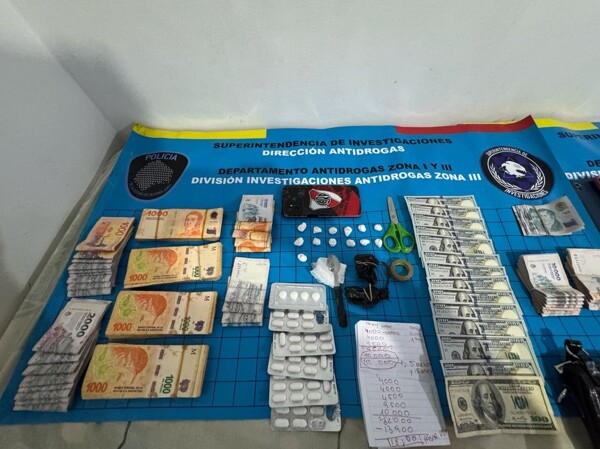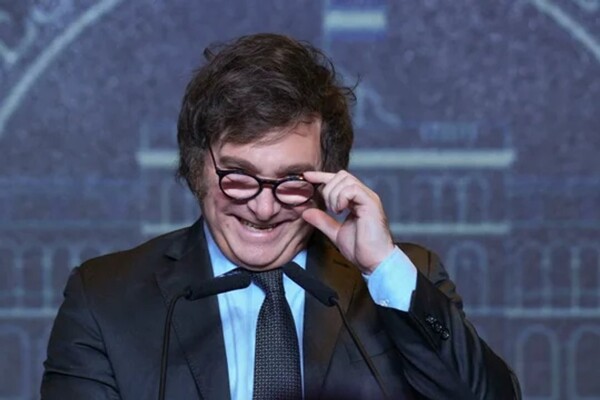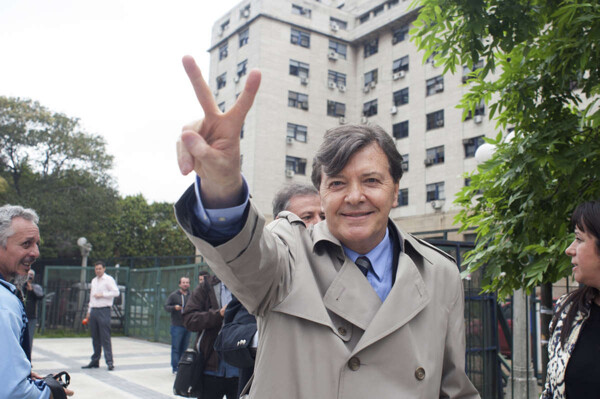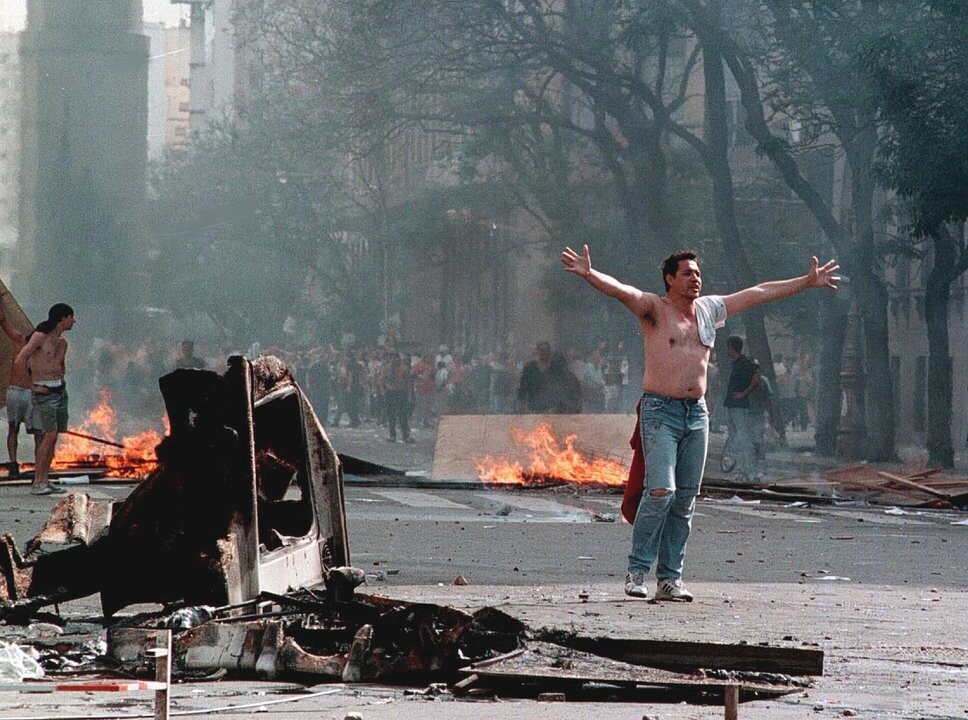
The National State presented a resource before the Supreme Court arguing that police responsibility for the injuries suffered by Dorado during the events of December 20, 2001, in Buenos Aires, during the state of siege, had not been demonstrated. Despite this, judges Horacio Rosatti, Carlos Rosenkrantz, and Ricardo Lorenzetti rejected the resource, upholding the ruling that ordered economic compensation in favor of Dorado.
The Supreme Court upheld a claim for damages against the National State in favor of Marcelo Dorado, who was injured during the riots around Plaza de Mayo during the political crisis that led to Fernando de la Rúa's resignation in 2001. Dorado, who worked as an aluminum locksmith, was shot with lead bullets while trying to escape police repression.
The ruling established compensation that included medical expenses and compensation for moral damage and lost profits. The Federal Chamber of Criminal Cassation determined that the repression on December 20, 2001, was carried out in a disorganized and deficient manner. Dorado was assisted by protesters and taken to Ramos Mejía Hospital with injuries to his chest and leg, as well as a bullet graze on his ear.
Despite the arguments presented by the National State, the Supreme Court supported the decision to compensate Dorado for the consequences suffered during the violent events of 2001. The claim, which included compensations for disability, psychological treatment, and moral damage, was admitted in the first instance and confirmed after the resource presented by the State.











